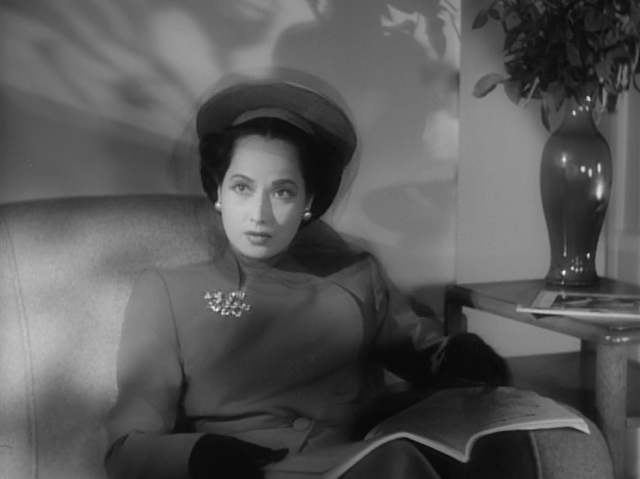 |
| Merle Oberon and Laurence Olivier in The Divorce of Lady X |
Screwball comedy movies, in which an otherwise sober and respectable male, usually a lawyer, a professor, or a businessman, is prodded into absurd behavior and outlandish situations by a giddy, beautiful, and usually rich female, seem to be a particularly American genre. They may have their antecedents in the French farces of Feydeau and Labiche, but they need that American sense, particularly common in the Great Depression, that the rich are idle triflers, not to be trusted by everyday hard-working folk. Which may be why the British attempt at screwball seen in The Divorce of Lady X is a bit of a misfire. Merle Oberon plays the madcap lady in the film, who delights in deceiving and annoying the barrister played by Laurence Olivier until he inevitably falls in love with her. One problem with the film lies in the casting: Olivier's vulpine mien is not one that easily expresses naïveté, which the barrister Everard Logan must possess in order to fall for Leslie Steele's wiles, when she allows him to believe that she's really the scandalous Lady Mere. The real Lady Mere is played by Binnie Barnes, and the subplot revolves around the desire of her husband, played by Ralph Richardson, to divorce her, with the aid of Logan in the dual role of both barrister and corespondent -- how he got into that predicament is the rather clumsy setup for the film. Barnes and Richardson are far better suited to this kind of comedy than Oberon and Olivier, and they contribute some of the more amusing moments in the movie. It's filmed in the rather wan hues of early Technicolor, which only contribute to the general sense of underachievement.










